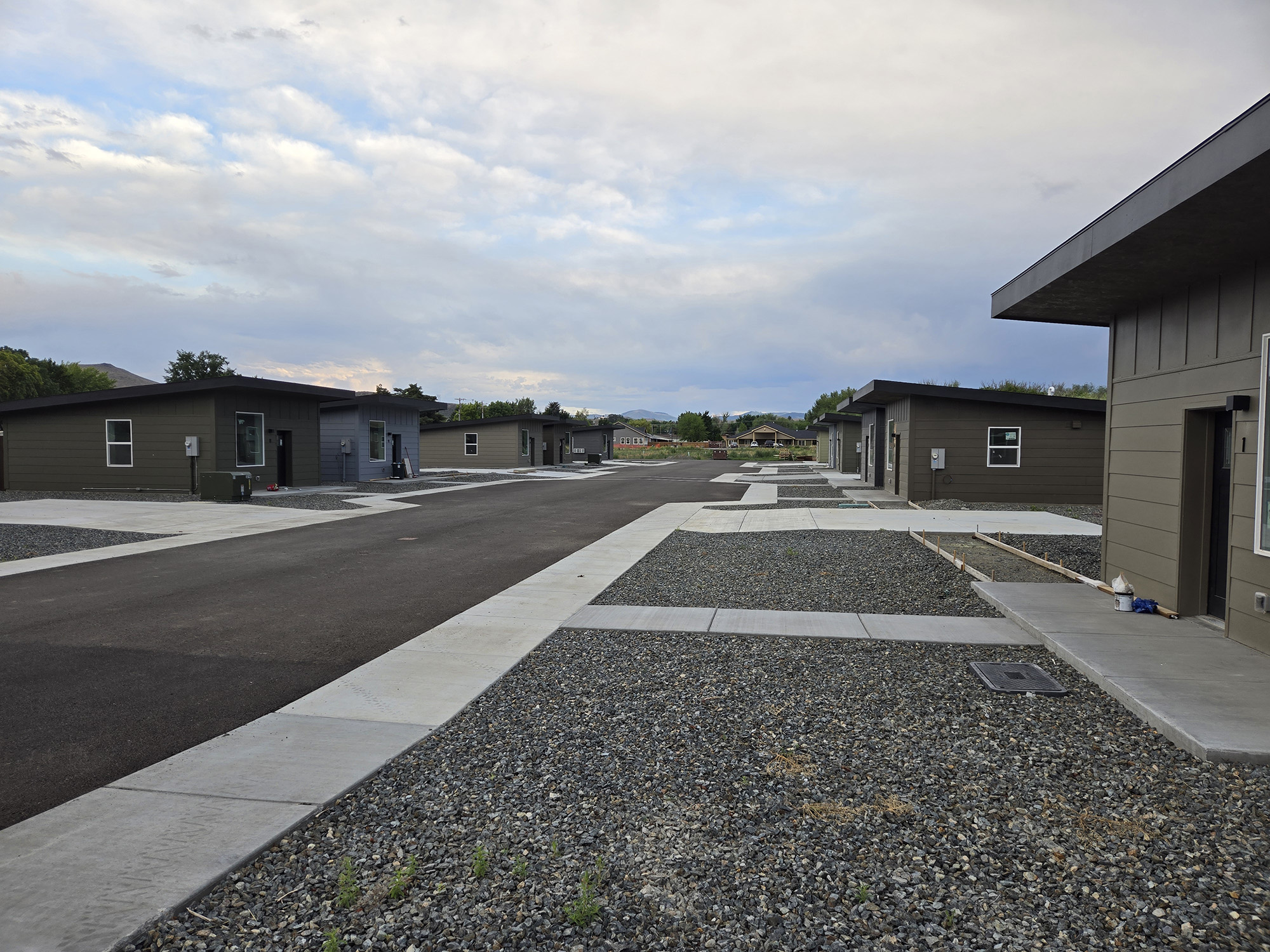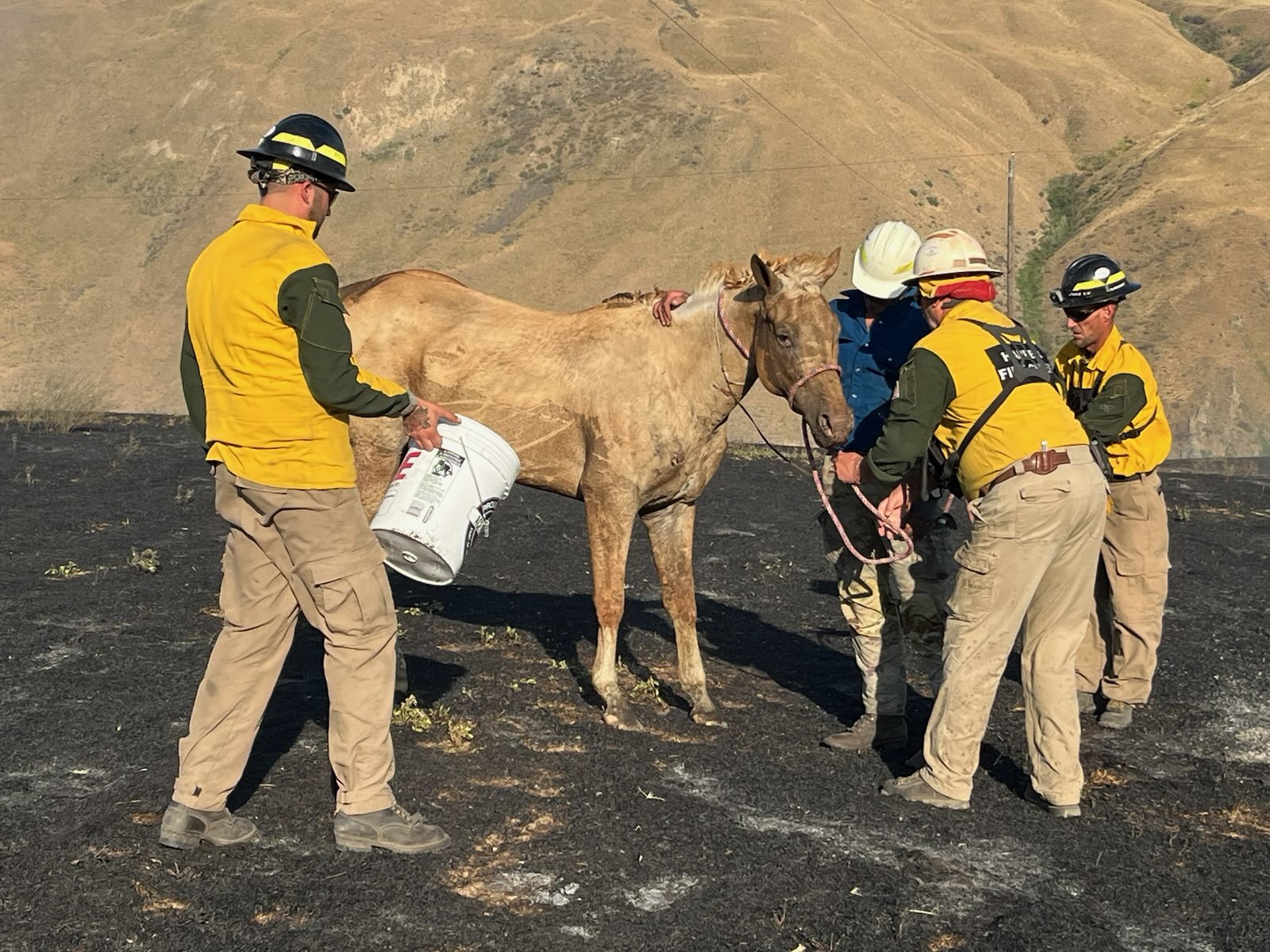COLUMN: Another election season of exaggerations
Published 9:30 am Saturday, September 5, 2020
Presidential candidates always exaggerate the importance of the coming election.
Trending
They do this in part because they’re arrogant, as seekers of that highest of offices must be.
You have to think pretty highly of yourself, certainly, to proffer the claim that the fate of the nation — and implicitly, of the world and quite possibly the universe — hinges on whether you, a singular star among the millions of less luminous lights, wins the Electoral College.
But the hyperbole also is grounded in simple salesmanship.
Trending
Candidates need to entice people to vote, and fear, as anyone knows who has ever been pursued by a grizzly bear, is a powerful motivator.
The 2020 election, I’ll concede, coincides with an extraordinary era.
The coronavirus pandemic alone would ensure that this campaign is unlike any in our lifetimes.
But the persistent protests and violent riots that have roiled dozens of cities this summer have further inflamed the dramatic proclamations of the candidates and their party apparatuses.
And then there is the Donald Trump factor, the political equivalent of busting up a pile of uranium atoms.
No president in at least the past century has prompted such polarization.
Much of this is his own doing — indeed, he seems to thrive on his ability to infuriate his opponents with his caustic, and almost always sophomoric, jibes.
Reagan or Obama he is not.
The Democratic and Republican national conventions in August were quite different from their usual spectacles due to pandemic precautions. The rhetoric, however, was entirely predictable.
Which is to say, predictably hysterical.
Trump: “This is the most important election in the history of our country. Our country can go in a horrible direction or in an even greater direction.”
Biden: “All elections are important. But we know in our bones this one is more consequential. America is at an inflection point. A time of real peril, but of extraordinary possibilities. This is a life-changing election that will determine America’s future for a very long time.”
The implication in both statements is blatant. If you don’t vote for me, your life and everything you hold dear — kids, pets, internet connection speed — will be in the direst sort of jeopardy.
Well, no.
I refuse to succumb to these scare tactics because to do so, it seems to me, is tantamount to admitting that America’s very foundations are crumbling; and further, that only one man is capable of patching the cracks.
I have too much confidence in the essential solidity of this country’s underpinnings than to surrender to that sort of psychological blackmail.
Trump and Biden both want us to believe that if we fill in the “wrong” bubble on our ballot, then come next January we will find ourselves living in a land we no longer recognize, and one we don’t much like.
Hogwash.
If the combination of COVID-19 and the most widespread racial unrest in the nation in two generations can’t ruin America — and I don’t believe it has, or will — then whoever occupies the Oval Office for the next four years is unlikely to pull off such a terrible feat.
Both Trump and Biden, in a rare example of agreement, contend that the dramatic events which define 2020 constitute the clearest evidence that this election is an epochal event.
But I think this year shows us something quite different, if not the complete opposite.
The historic happenings over the past six months demonstrate not the power of the presidency but rather its relative impotence.
No rational person can believe that the coronavirus would not have arrived in America had someone other than Trump been president.
The same holds for the protests and the riots.
A different president, having of course no more control over the Minneapolis Police officer Derek Chauvin than Trump had, would not have saved George Floyd.
Yet this is precisely the sort of illogical conclusion that both the Trump and Biden campaigns encourage.
Both would have voters believe that if they choose badly on Nov. 3, then the future will be even more bleak than the present and the recent past have been.
This is not only implausible, it’s terribly depressing.
“Elect me or suffer” as a slogan doesn’t have quite the ring of “Morning In America” or “Change We Can Believe In.”
I don’t mean to suggest that Biden ought not criticize Trump’s handling of 2020’s crises, or that Trump is trying to hoodwink voters by pointing out potential pitfalls in the Democrats’ platform.
This is standard political fodder, and essential to the robust debate that is a hallmark of America’s electoral system.
And of course it’s to be expected that the challenger would be especially aggressive in picking apart the incumbent’s record.
From that perspective Trump is the sort of opponent that political operatives, at least until 2016, could scarcely have conceived of.
The president’s greatest failure during these trying times, it seems to me, is his inability to muster even a half-hearted attempt at trying to unify America when so many forces are pulling us apart.
I don’t mean that he should surrender principles, or mollycoddle cretins who set buildings ablaze.
But 2020 provided that rare opportunity when a president, by sheer force of rhetoric and personality, could, however briefly, become a sort of benevolent symbol — akin to the role a king or queen might once have played, albeit in America, whose existence stemmed largely from its founders’ disdain for the trappings of royalty.
Yet there is I think a great chasm between chastising Trump for his bellicose attitude, which he demonstrates often both in person and on Twitter, and in effect blaming him, as Biden and his acolytes do, for the worst effects on America of the pandemic and the racial strife.
Conversely, I don’t find at all convincing the Trump campaign’s implication that during a Biden administration the trashing of parts of Portland and other cities would not only continue but would accelerate and, even worse, would be encouraged by sinister Democrats.
Democratic politicians such as Portland Mayor Ted Wheeler haven’t been especially aggressive, and certainly they haven’t been effective, in dealing with the troubles in their cities.
But because they’ve failed to quell the violence doesn’t mean they condone, much less endorse, it.
I agree with Biden that “all elections are important.”
But I don’t believe that America’s very survival hinges on the choice between two men.
If our country depended so completely on a single person — a noxious idea we thoroughly dismissed when we broke out of our monarchical shackles two and a half centuries ago — could not have survived as long as it has.
Jayson Jacoby is editor of the Baker City Herald.









